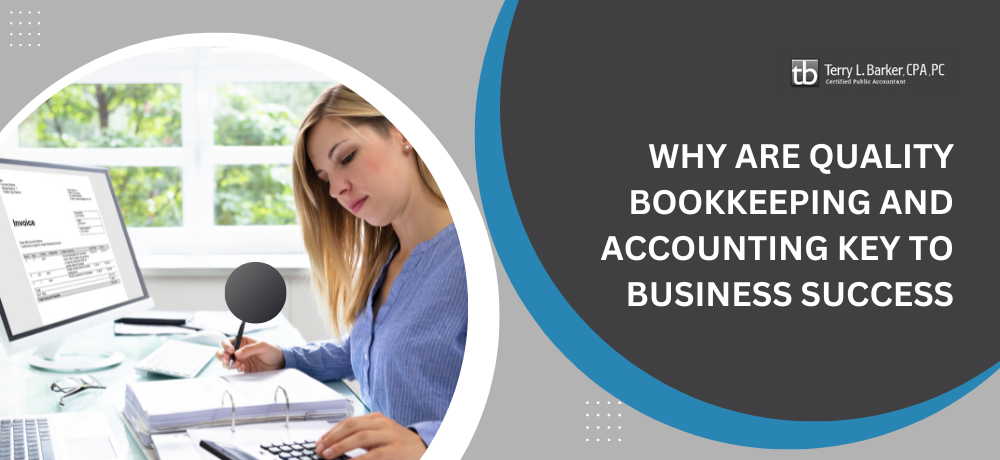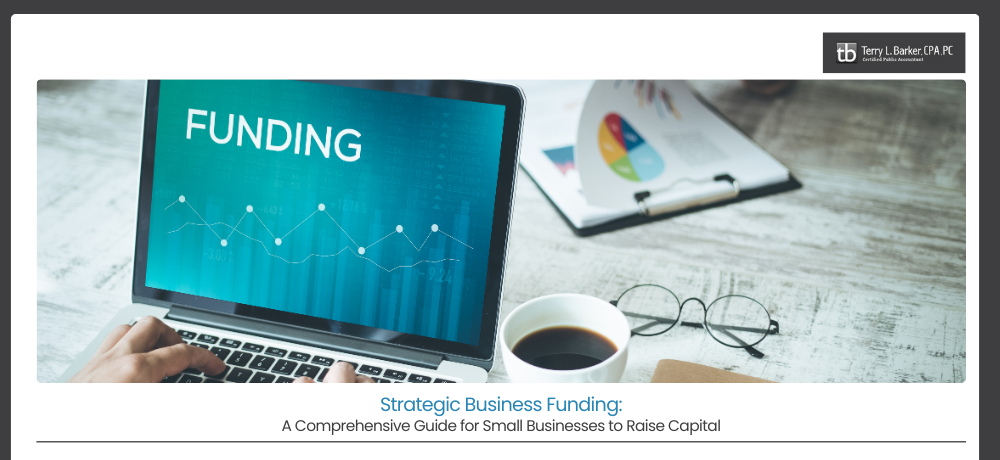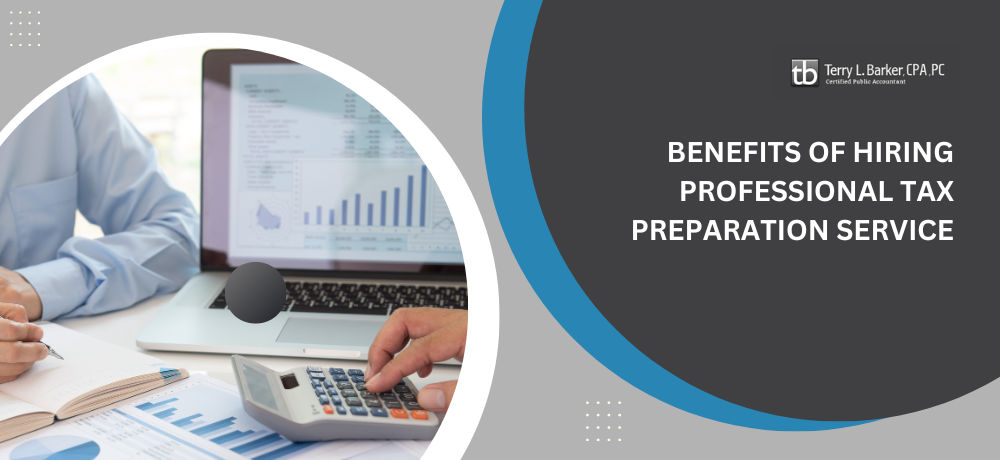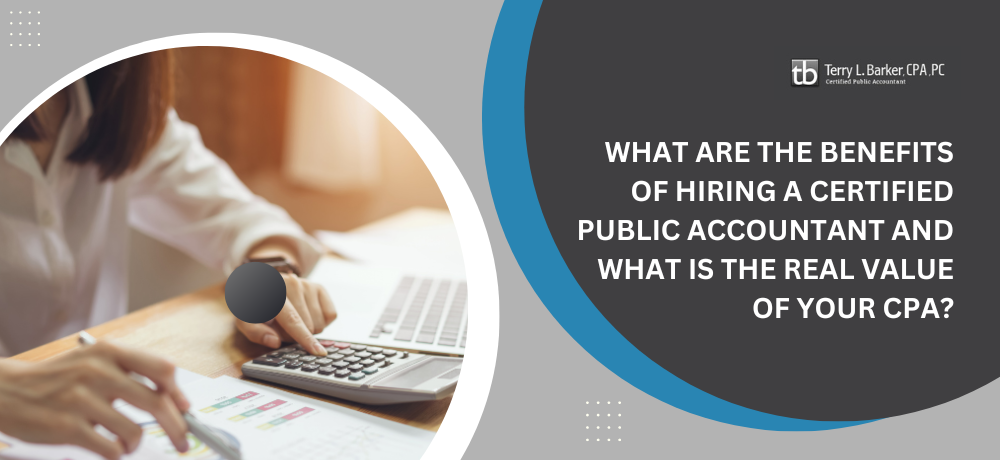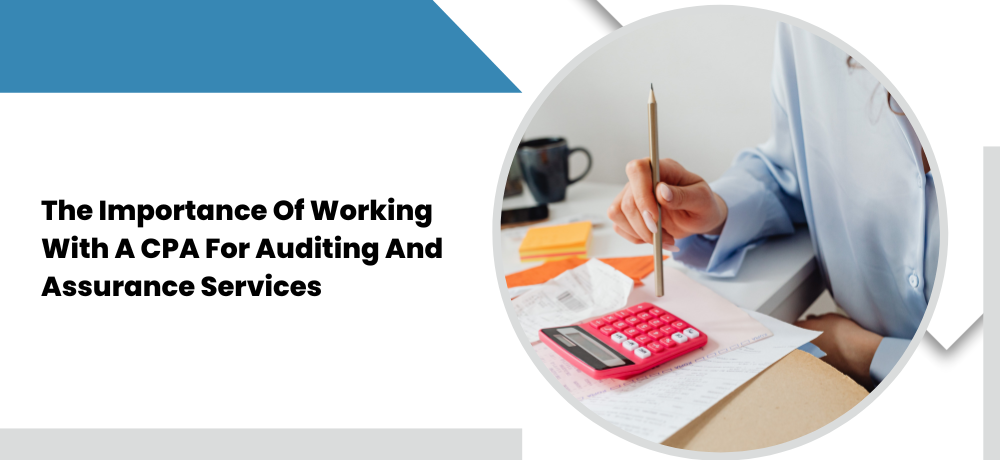When you decide to start a business, one of the most important decisions you'll need to make is choosing a business entity. It's a decision that impacts many things--from the amount of taxes you pay to how much paperwork you have to deal with and what type of personal liability you face, and with the passage of the Tax Cuts and Jobs Act of 2017, it's more important than ever to choose the business entity that benefits your business.
Forms of Business
The most common forms of business are Sole Proprietorships, Partnerships, Limited Liability Companies (LLCs), and Corporations (C-Corporations). Federal tax law also recognizes another business form called the S-Corporation. While state law controls the formation of your business, federal tax law controls how your business is taxed.
What to Consider
Businesses fall under one of two federal tax systems:
- Taxation of both the entity itself on the income it earns and the owners on dividends or other profit participation the owners receive from the business. C-Corporations fall under this system of federal taxation.
- "Pass through" taxation. This type of entity (also called a "flow-through" entity) is not taxed, but its owners are each taxed (more or less) on their proportionate shares of the entity's income. Pass-through entities include:
- Sole Proprietorships
- Partnerships, of various types
- Limited liability companies (LLCs)
- "S-Corporations" (S-Corps), as distinguished from C-corporations (C-Corps)
The first major consideration when choosing a business entity is whether to choose one that has two levels of tax on income or one that is a pass-through entity with only one level directly on the owners.
The second consideration, which has more to do with business considerations rather than tax considerations, is the limitation of liability (protecting your assets from claims of business creditors).
Let's take a general look at each of the options more closely:
Types of Business Entities
Sole Proprietorships
The most common (and easiest) form of business organization is the sole proprietorship. Defined as any unincorporated business owned entirely by one individual, a sole proprietor can operate any kind of business (full or part-time) as long as it is not a hobby or an investment. In general, the owner is also personally liable for all financial obligations and debts of the business.
Note: If you are the sole member of a domestic limited liability company (LLC), you are not a sole proprietor if you elect to treat the LLC as a corporation.
Types of businesses that operate as sole proprietorships include retail shops, farmers, large companies with employees, home-based businesses and one-person consulting firms.
As a sole proprietor, your net business income or loss is combined with your other income and deductions and taxed at individual rates on your personal tax return. Because sole proprietors do not have taxes withheld from their business income, you may need to make quarterly estimated tax payments if you expect to make a profit. Also, as a sole proprietor, you must also pay self-employment tax on the net income reported.
Partnerships
A partnership is the relationship existing between two or more persons who join to carry on a trade or business. Each person contributes money, property, labor or skill, and expects to share in the profits and losses of the business.
There are two types of partnerships: Ordinary partnerships, called "general partnerships," and limited partnerships that limit liability for some partners but not others. Both general and limited partnerships are treated as pass-through entities under federal tax law, but there are some relatively minor differences in tax treatment between general and limited partners.
For example, general partners must pay self-employment tax on their net earnings from self-employment assigned to them from the partnership. Net earnings from self-employment include an individual's share, distributed or not, of income or loss from any trade or business carried on by a partnership. Limited partners are subject to self-employment tax only on guaranteed payments, such as professional fees for services rendered.
Partners are not employees of the partnership and do not pay any income tax at the partnership level. Partnerships report income and expenses from its operation and pass the information to the individual partners (hence the pass-through designation).
Because taxes are not withheld from any distributions partners generally need to make quarterly estimated tax payments if they expect to make a profit. Partners must report their share of partnership income even if a distribution is not made. Each partner reports his share of the partnership net profit or loss on his or her personal tax return.
Limited Liability Companies (LLC)
A Limited Liability Company (LLC) is a business structure allowed by state statute. Each state is different, so it's important to check the regulations in the state you plan to do business in. Owners of an LLC are called members, which may include individuals, corporations, other LLCs and foreign entities. Most states also permit "single member" LLCs, i.e., those having only one owner.
Depending on elections made by the LLC and the number of members, the IRS treats an LLC as either a corporation, partnership, or as part of the LLC's owner's tax return. A domestic LLC with at least two members is classified as a partnership for federal income tax purposes unless it elects to be treated as a corporation.
An LLC with only one member is treated as an entity disregarded as separate from its owner for income tax purposes (but as a separate entity for purposes of employment tax and certain excise taxes), unless it elects to be treated as a corporation.
C-Corporations
In forming a corporation, prospective shareholders exchange money, property, or both, for the corporation's capital stock. A corporation conducts business, realizes net income or loss, pays taxes and distributes profits to shareholders.
A corporate structure is more complex than other business structures. When you form a corporation, you create a separate tax-paying entity. The profit of a corporation is taxed to the corporation when earned and then is taxed to the shareholders when distributed as dividends. This creates a double tax.
The corporation does not get a tax deduction when it distributes dividends to shareholders. Earnings distributed to shareholders in the form of dividends are taxed at individual tax rates on their personal tax returns. Shareholders cannot deduct any loss of the corporation.
If you organize your business as a corporation, generally are not personally liable for the debts of the corporation, although there may be exceptions under state law.
S-Corporations
An S-corporation has the same corporate structure as a standard corporation; however, its owners have elected to pass corporate income, losses, deductions, and credits through to their shareholders for federal tax purposes. Shareholders of S-corporations generally have limited liability.
Generally, an S-Corporation is exempt from federal income tax other than tax on certain capital gains and passive income. It is treated in the same way as a partnership, in that generally; taxes are not paid at the corporate level. S-Corporations may be taxed under state tax law as regular corporations, or in some other way.
Shareholders must pay tax on their share of corporate income, regardless of whether it is actually distributed. Flow-through of income and losses are reported on their personal tax returns, and they are assessed tax at their individual income tax rates, allowing S-Corporations to avoid double taxation on the corporate income.
To qualify for S-Corporation status, the corporation must meet a number of requirements. Please call if you would like more information about which requirements must be met to form an S-Corporation.
Professional Guidance
When making a decision about which type of business entity to choose each business owner must decide which one best meets his or her needs. One form of business entity is not necessarily better than any other and obtaining the advice of a tax professional is critical. If you need assistance figuring out which business entity is best for your business, don't hesitate to call.
